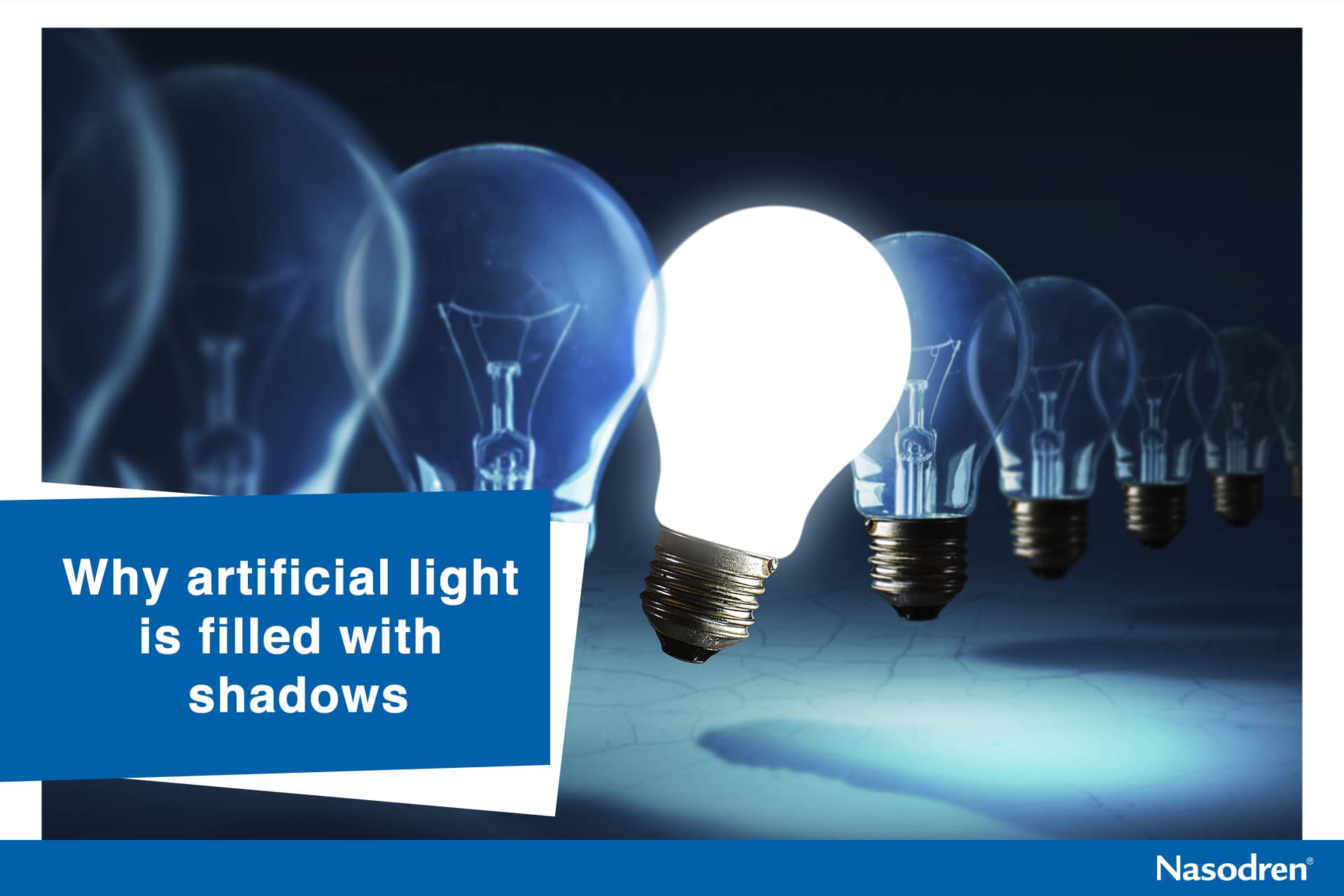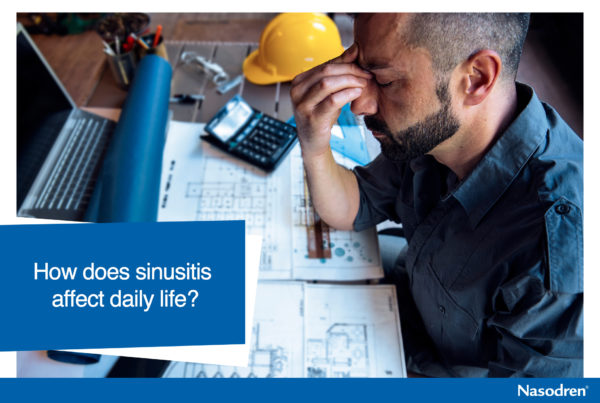We are in bed, ready to go to sleep, but we don’t do so. Instead, we grab our phones and start to check the last messages we’ve got, our social networks, breaking news or, worse than that, play some games. At first, one may think that this is a good way to chill out after a long workday, but according to experts, nothing could be further from the truth. Exposure to artificial light, especially blue light, has shown to be pernicious for our health in different studies… but why? What makes artificial light so bad for us? And, more than that, is there any way for us to limit its impact on our bodies?
Up until the XIX century, people depended on the sun as the main source of lightning and spent evenings and nights in a fair degree of darkness. Created by Thomas Alva Edison, the incandescent light bulb led to a new way of living that allowed people to manage light time for their convenience. We know the rest of the story, which brings us to where we are now, with cities that never sleep, televisions on until late hours at night along with lamps and a handful of electronics that keep us entertained… and awake!
Even if we don’t perceive it that way, most of such devices emit blue light, which is proven to disrupt sleep patterns as it affects melatonin, the sleep-inducing hormone that is released at high levels when the sun goes down. Thus, blue light suppresses melatonin and, in turn, that can alter our circadian rhythms, the biological cycles that determine the feeding and sleeping patterns of living beings. That includes brain wave activity, cell regeneration and hormone production, among other elements.
By getting exposed to blue light, we can suffer from sleep deprivation, which has been related to serious conditions such as heart disease, diabetes, obesity and depression. Also, there are studies pointing out that people working night shifts are at a higher risk for different kinds of cancer, like breast and prostate cancer, as well as metabolic syndrome and bone fractures. However, further research is needed in order to explore the connection between lower melatonin levels and cancer.
On the flip side, some experts stress that the problem isn’t that much about blue light itself, but how, when and what it’s used for instead. For example, blue wavelenghts have shown to be beneficial during daytime, especially in the morning, as they boost mental alertness, body reactions and improve our mood for better. Actually, a group of scientists at Mid Sweden University came up with an unexpected conclusion: people who were exposed to blue light for an hour had better reaction performances than those who had drunk three coffees.
What you can do
As we all know, it’s almost impossible to ‘escape’ from artificial light at nighttime, but there are some things we can do to minimize its effect on our health. That said, try:
– Not to spend time in front of screens from two to three hours before going to sleep.
– Dowloading Apps that allow us to change our electronic devices to a night setting, like for example ‘F.lux’, or taking advantage of new settings like the one offered by Apple, ‘Night Shift’, on iOS 10.
– Changing the night lights of your house for dim red lights, as red light is known to cause minimal reaction on our circadian rhythms.
– Avoiding low-energy and fluorescent bulbs, which emit a lot of blue light. If you use them for energy-saving purposes, make sure to keep them in a glass cover, thus preventing direct contact with you
As already pointed out, artificial light has become pretty much essential in our lives, but sometimes it’s good to remember that it has a dark side. If you are a ‘night owl’ who enjoys staying up until very late, now you know that changing your habits can help you prevent certain health issues.
Nasodren is 100% natural, with no rebound efect
Effectively reduces nasal congestion
Buy now HERE








